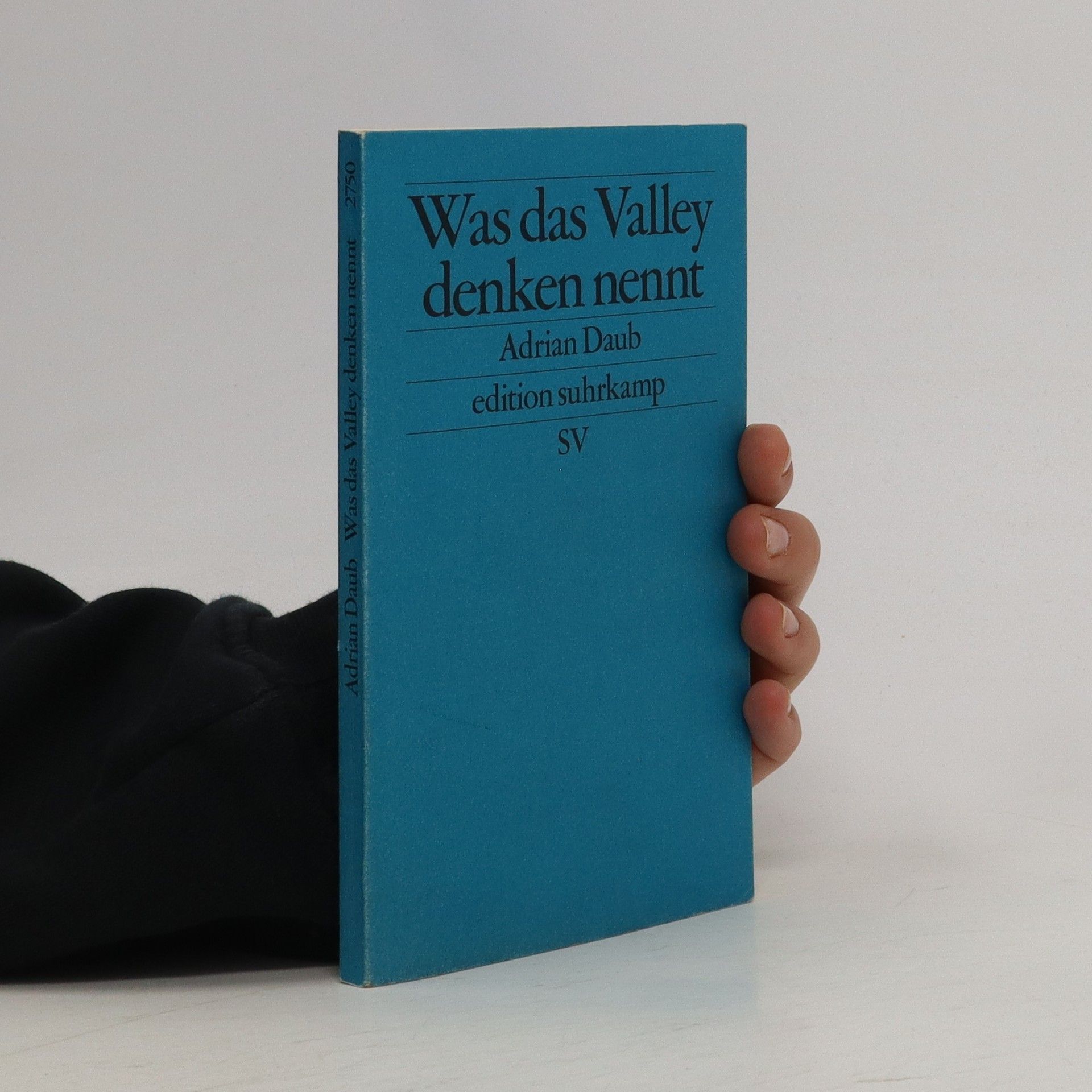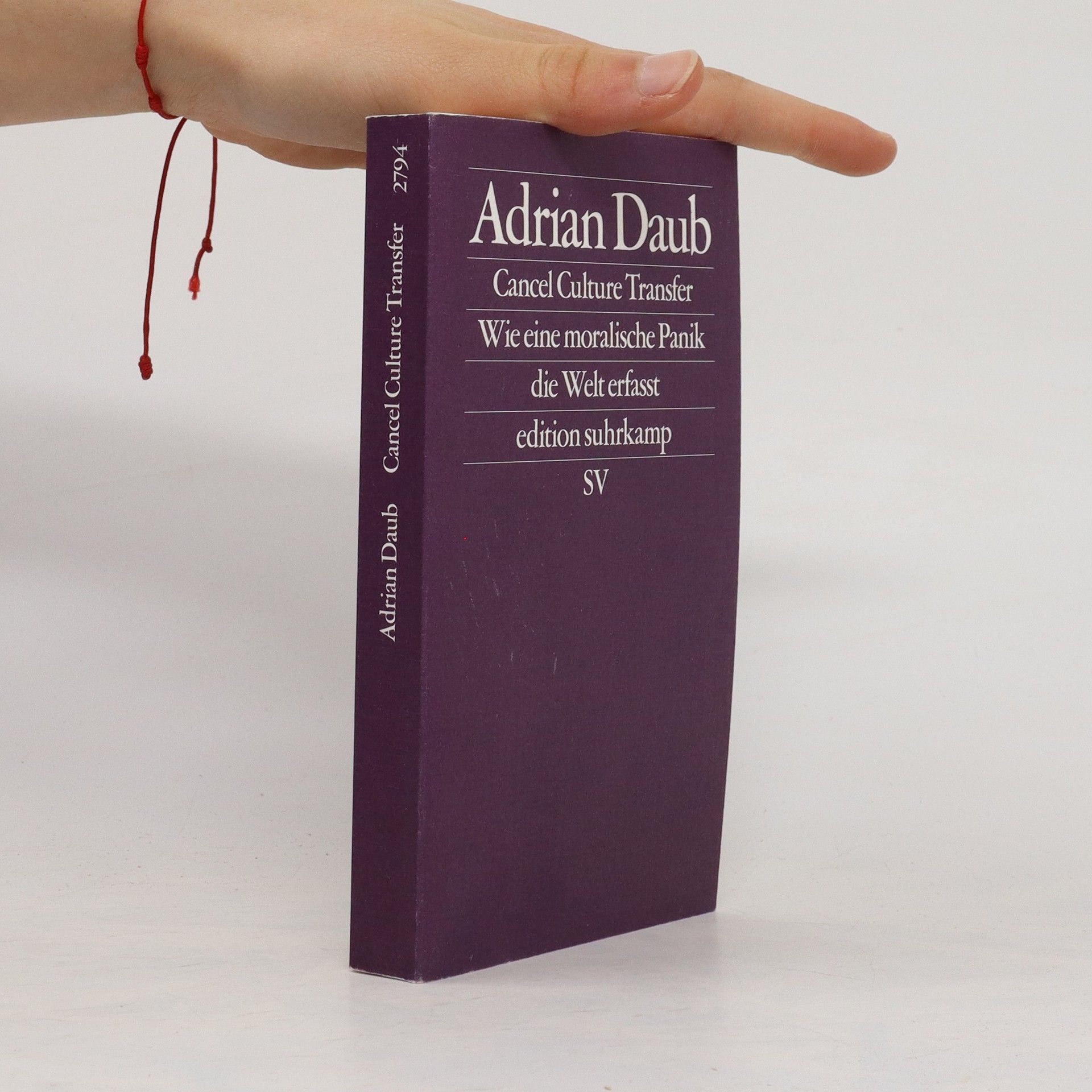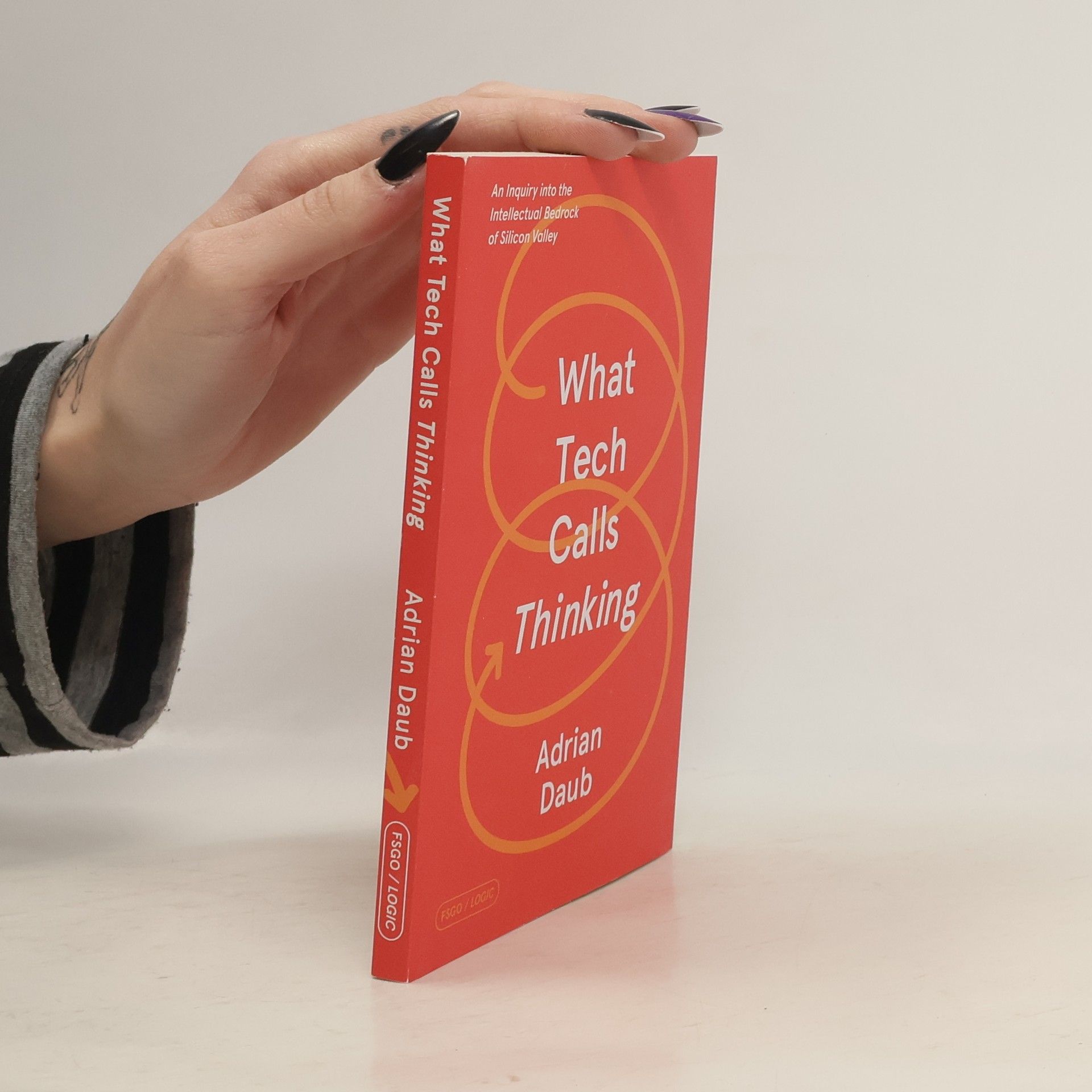The Doctor Faustus Dossier - Arnold Schoenberg, Thomas Mann, and their Contemporaries, 1930-1951
- 375 stránek
- 14 hodin čtení
This complete edition of letters and documents between Arnold Schoenberg and Thomas Mann brings together two towering figures of twentieth-century music and literature, both of whom found refuge in Los Angeles during the Nazi era. Culminating in the famous dispute over Mann's novel Doctor Faustus, the correspondence, diary entries, and related articles provide a glimpse inside the private and public lives of these two great artists, the outstanding figures of the German-exile community in California. In the thicket of the controversy was Theodor Adorno, then a budding philosopher, whose contribution to the Faustus affair would make enemies of both families. Gathered here for the first time in English, the letters in this essential volume are complemented by rich primary source materials and an introduction by Germanic scholar Adrian Daub that contextualizes the impact the artists had on twentieth-century thought and culture.



